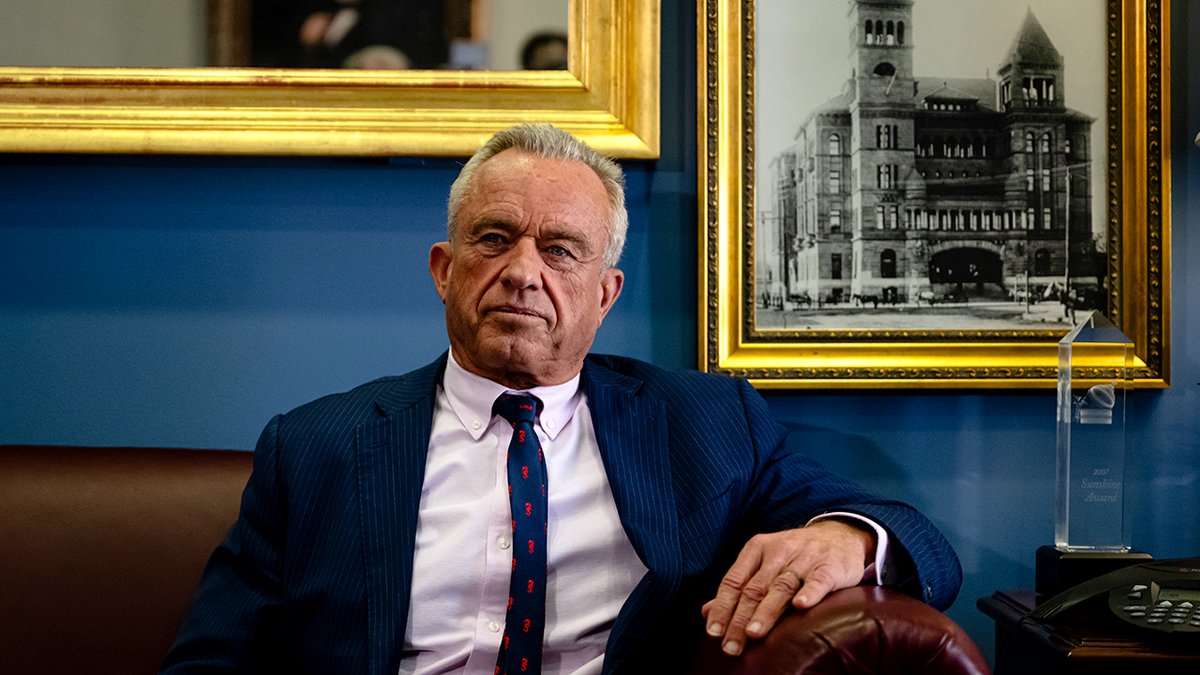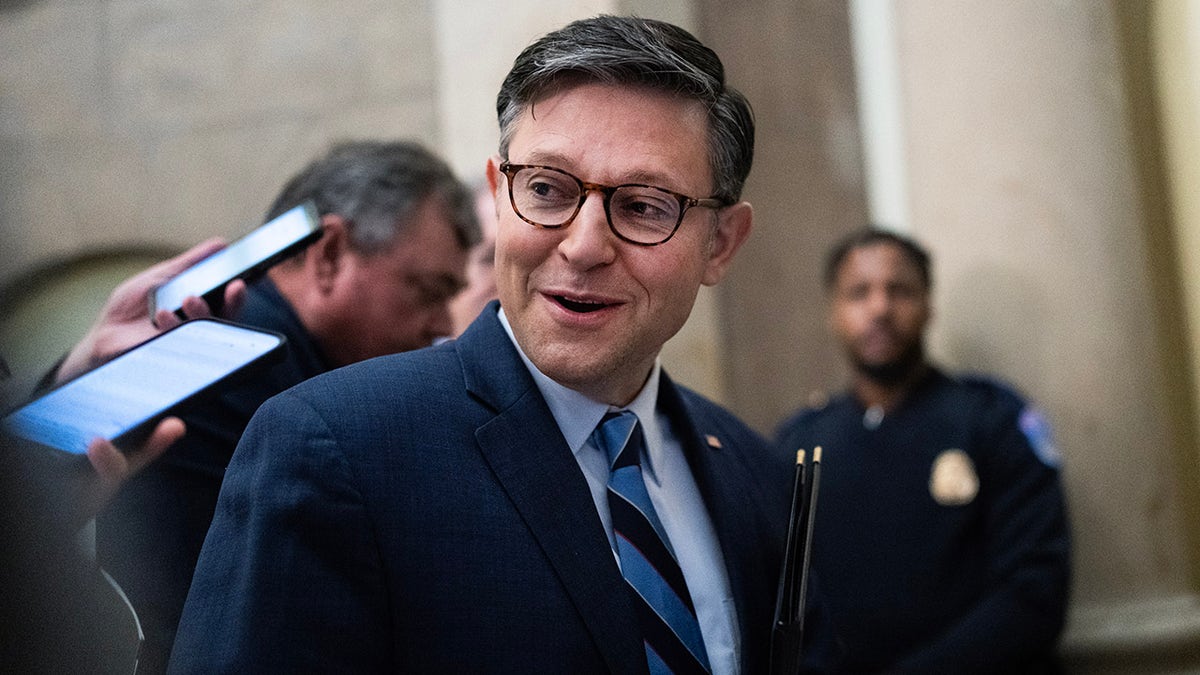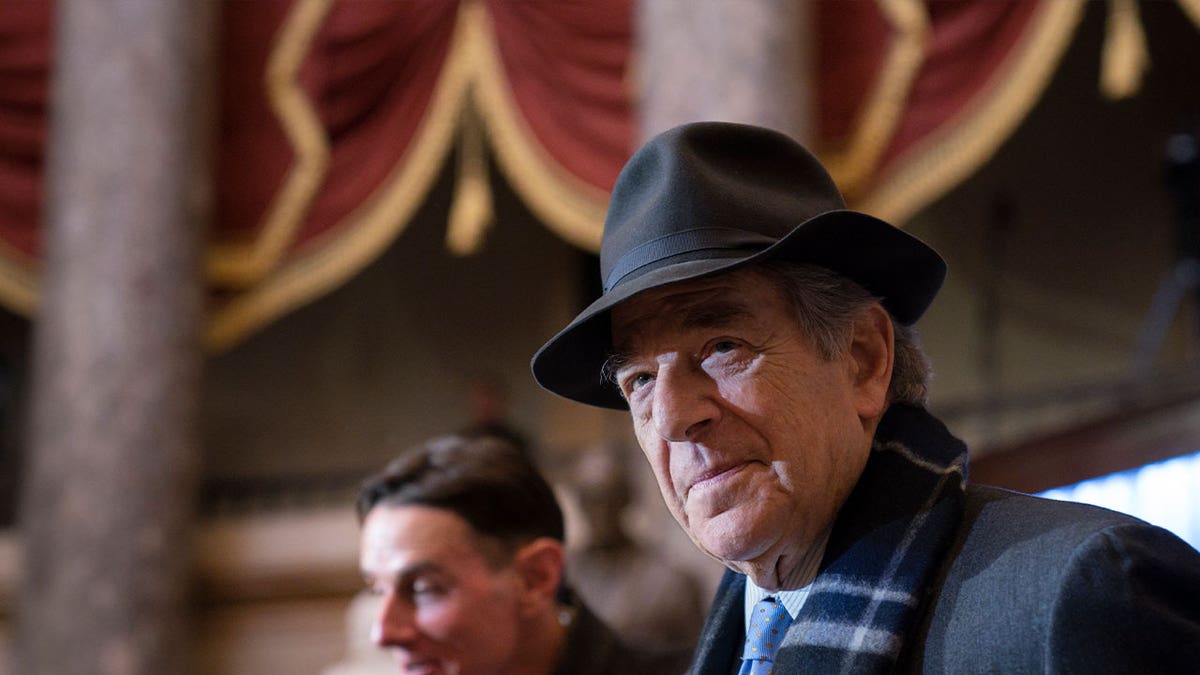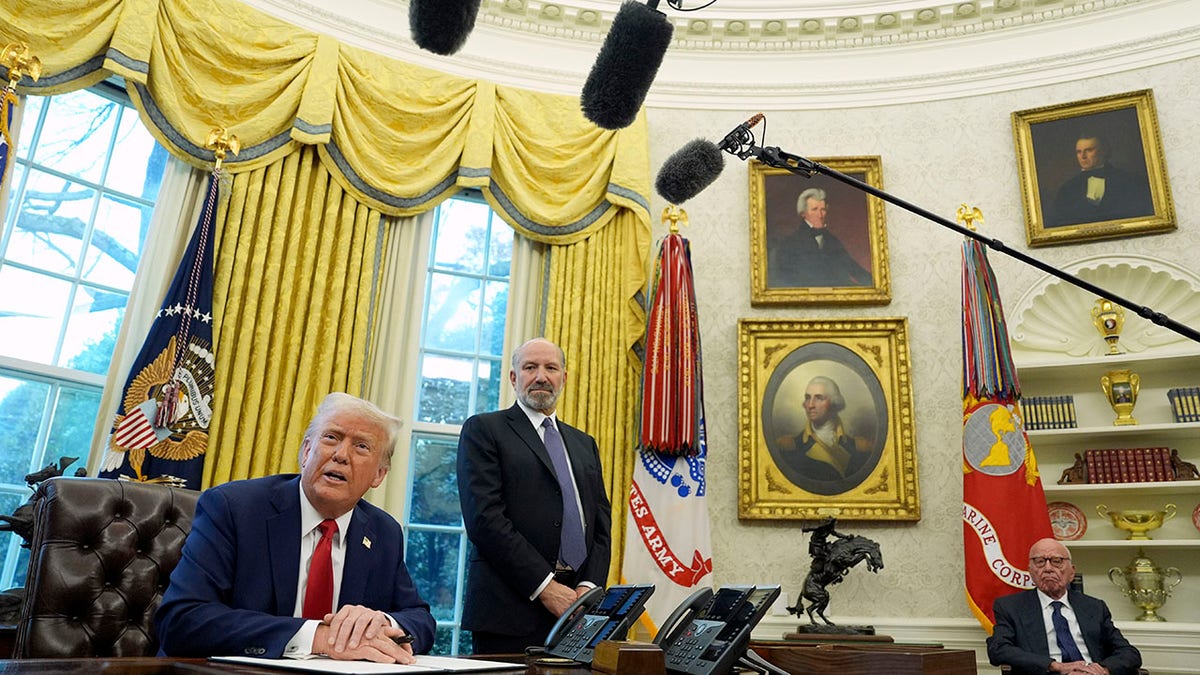The world of comedy is buzzing with anxieties over artificial intelligence. With tools like ChatGPT readily available, some comedians are worried about their jokes getting swiped. Following comedian Sarah Silverman's lawsuit against OpenAI and Meta for allegedly using her copyrighted material without permission to train their AI models, one comic shared his perspective with Fox News, arguing that AI isn't a real danger to his profession.
Jimmy Failla, comedian and host of "Fox Across America," believes that while AI might lead to a surge in written comedy online, true performers with stage presence and comedic timing will continue to thrive. He points out that audiences come to comedy clubs for a live experience, not to watch a laptop generate text or deliver jokes through a speaker. Therefore, he doesn't feel personally threatened by AI's foray into comedy.

Silverman, along with authors Christopher Golden and Richard Kadrey, claim that OpenAI and Meta utilized their books to train their AI models without obtaining proper authorization. The lawsuits aim to recover monetary damages for a nationwide class of copyright holders whose work was allegedly used without consent.
Failla sees Silverman's legal action as a positive step. He hopes it will lead to increased regulation and oversight of AI technology, making it easier to determine and address instances of copyright infringement. While he acknowledges that AI chatbots might be impacting artists' originality and credibility, he argues that similar issues have always existed in the comedy world, and human comedians still possess a unique advantage.
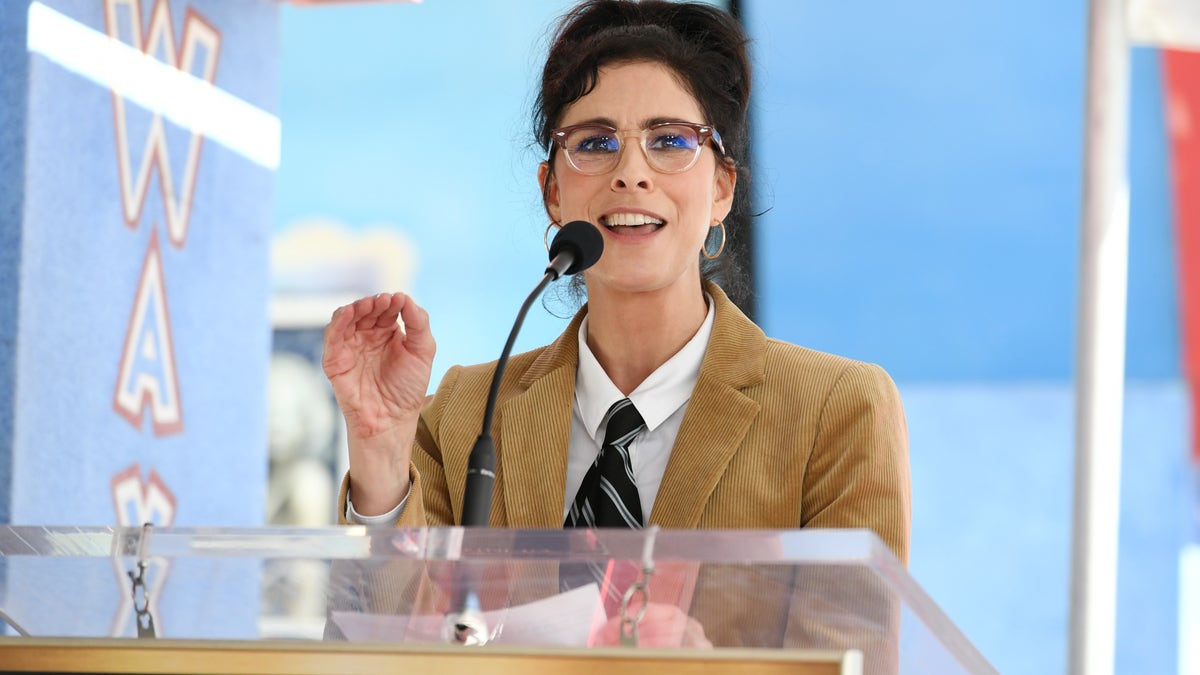
Failla emphasizes the importance of performance in the performing arts. He believes that the human element, the shared experience between comedian and audience, is what makes comedy truly resonate. This, he argues, is something AI cannot replicate.
The concerns about AI extend beyond the comedy community. Writers and actors are also grappling with the implications of AI-generated content. The Screen Actors Guild‐American Federation of Television and Radio Artists (SAG-AFTRA) and the Writers Guild of America (WGA) have both taken action, with SAG-AFTRA recommending a strike and the WGA already on strike, highlighting anxieties about job security and fair compensation in the face of advancing AI technology.
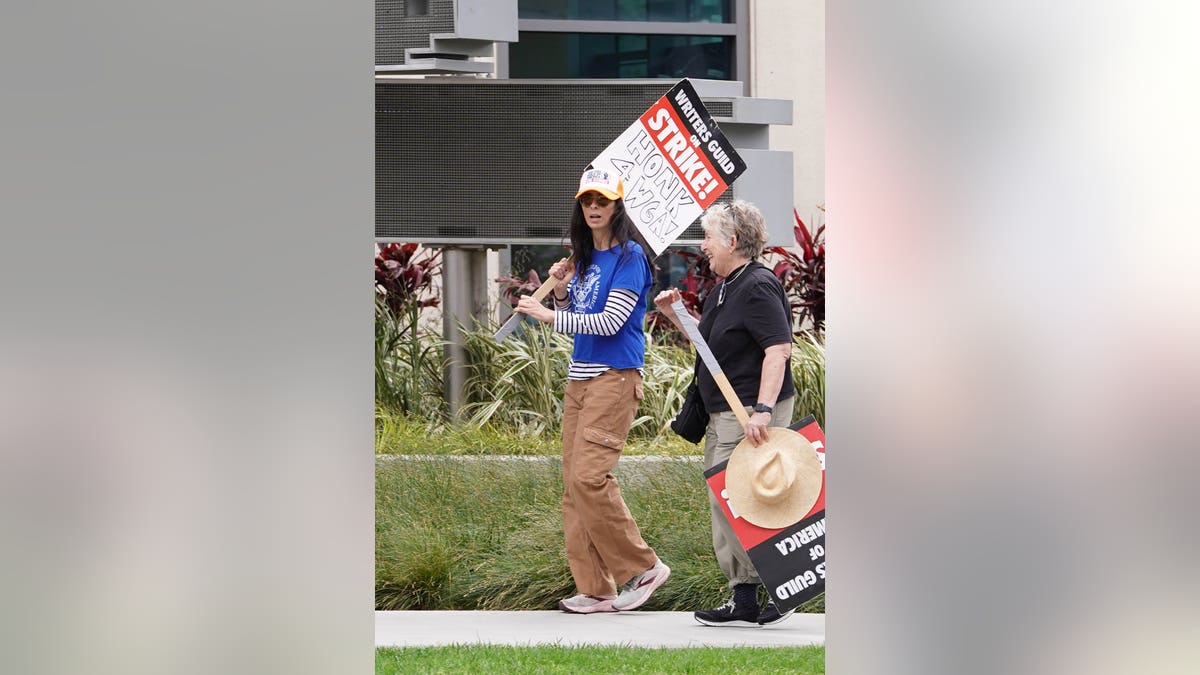
A recent report from the Organization for Economic Co-operation and Development suggests that a significant percentage of jobs are at high risk of automation, further fueling these concerns. Failla concludes by reiterating his belief in the irreplaceable human element of comedy, the shared truth and experience that connects comedians with their audience – a connection he believes AI will never truly achieve.

